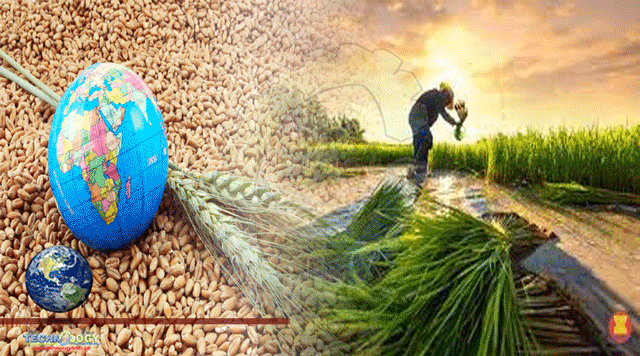According to World Food Program, 349 M people in 79 countries are severely food insecure. Following 3 years of deterioration, the prevalence of undernourishment is also on the rise.

The Food and Agriculture Organization (FAO) has issued a global food insecurity warning. The entity issued a joint statement with the International Monetary Fund (IMF), World Bank Group (WBG), World Food Program (WFP), and World Trade Organization (WTO).
Poverty and food insecurity are on the rise globally, according to the entity. Furthermore, supply chain disruptions, climate change, the COVID-19 pandemic, financial tightening due to rising interest rates, and the Ukraine war have all caused unprecedented shocks to the global food system.
Global food inflation remains high, with dozens of countries experiencing double-digit inflation. “Fertilizer affordability, as defined by the ratio of food prices to fertilizer prices, is also the lowest since the 2007-2008 food crisis, leading to lower food production and disproportionately affecting smallholder farmers, exacerbating already high local food prices,” the statement said.
According to the World Food Program, 349 million people in 79 countries are severely food insecure. Following three years of deterioration, the prevalence of undernourishment is also on the rise.
Unfortunately, this situation is expected to worsen, with global food supplies falling to a three-year low in 2022–23. The situation is especially dire in the 24 countries identified by the Food and Agriculture Organization (FAO) and WFP as hunger hotspots, 16 of which are in Africa.
“In response to the inflation of food, fuel, and fertilizer prices, countries have spent over $710 billion for social protection measures covering 1 billion people, including approximately $380 billion for subsidies.” FAO and these organizations are pleading with international governments to act quickly.
“To prevent a worsening of the global food and nutrition insecurity crisis, further urgent actions are required to rescue hunger hotspots, facilitate trade, improve the functioning of markets, enhance the role of the private sector, and reform and repurpose the harmful subsidies with careful targeting and efficiency.”